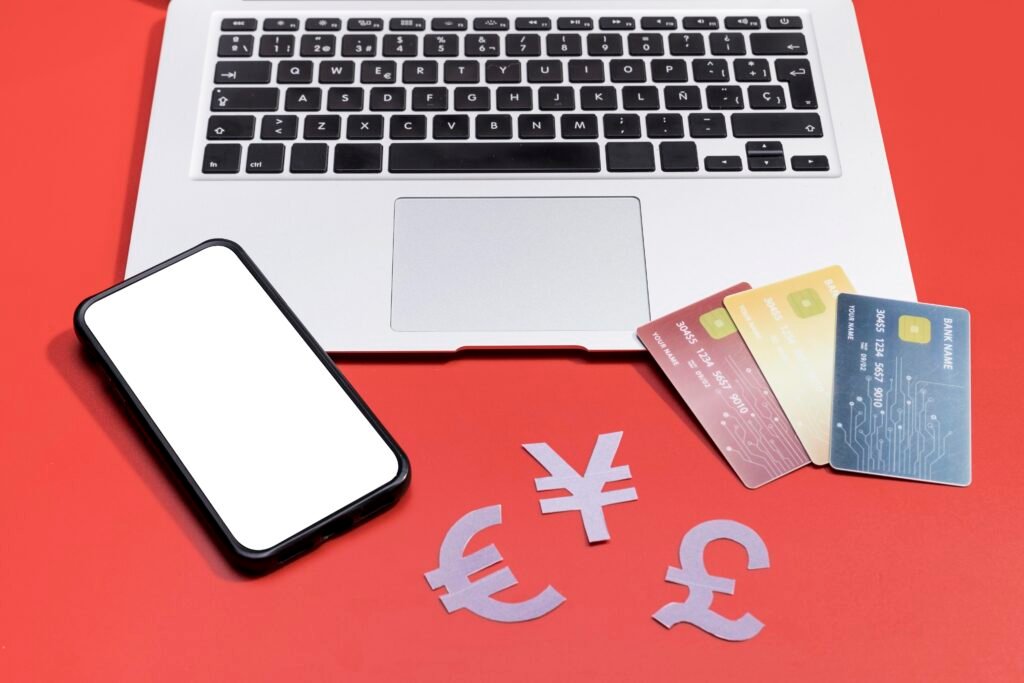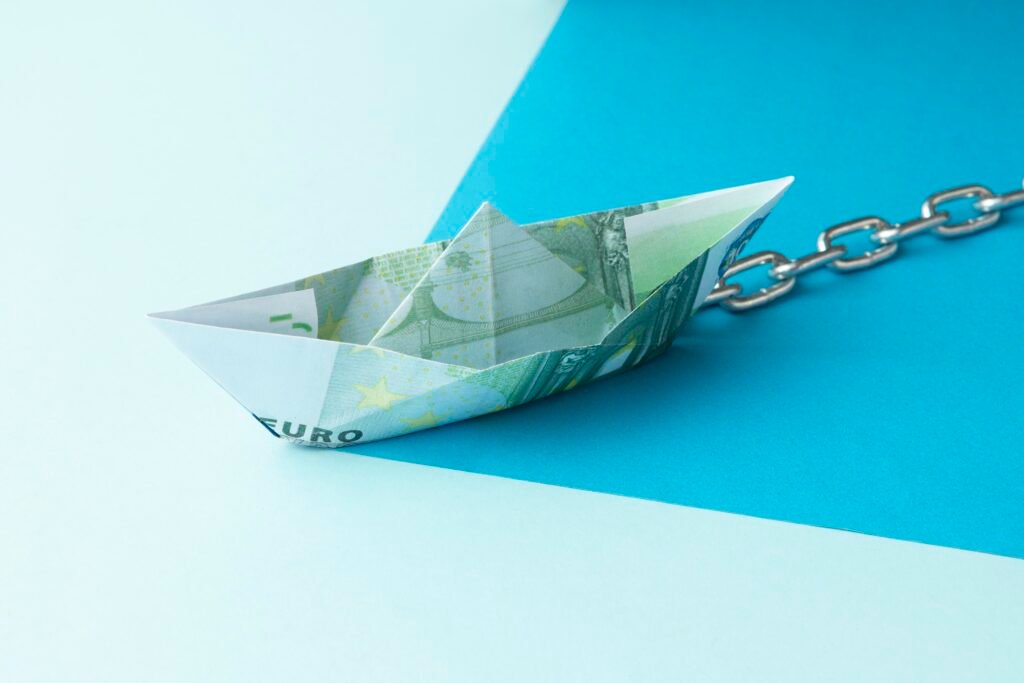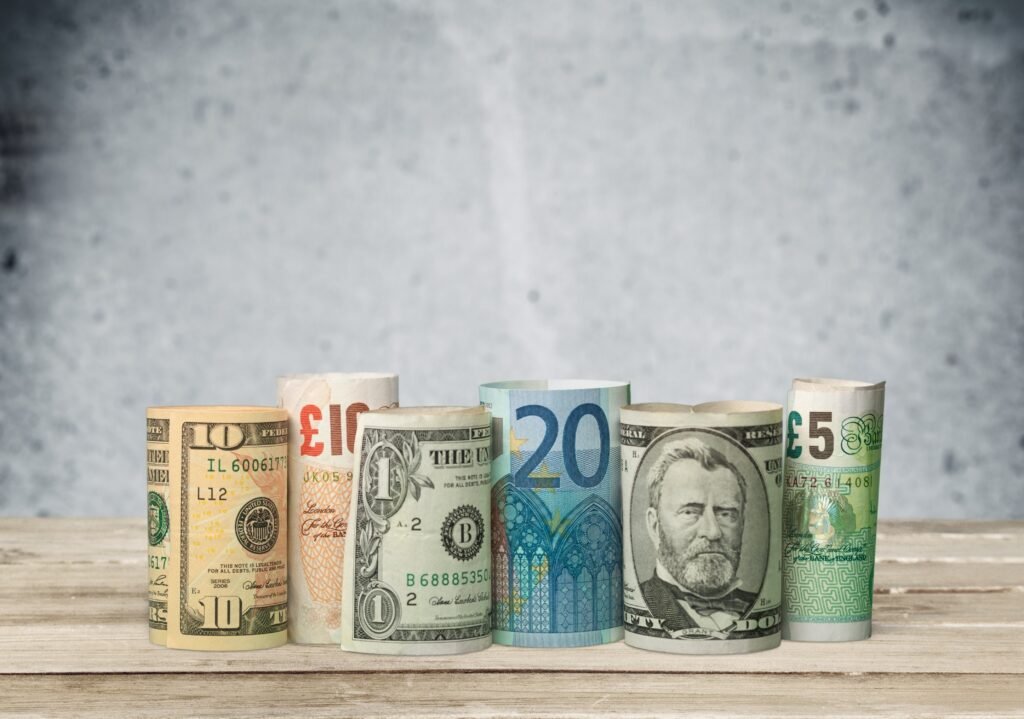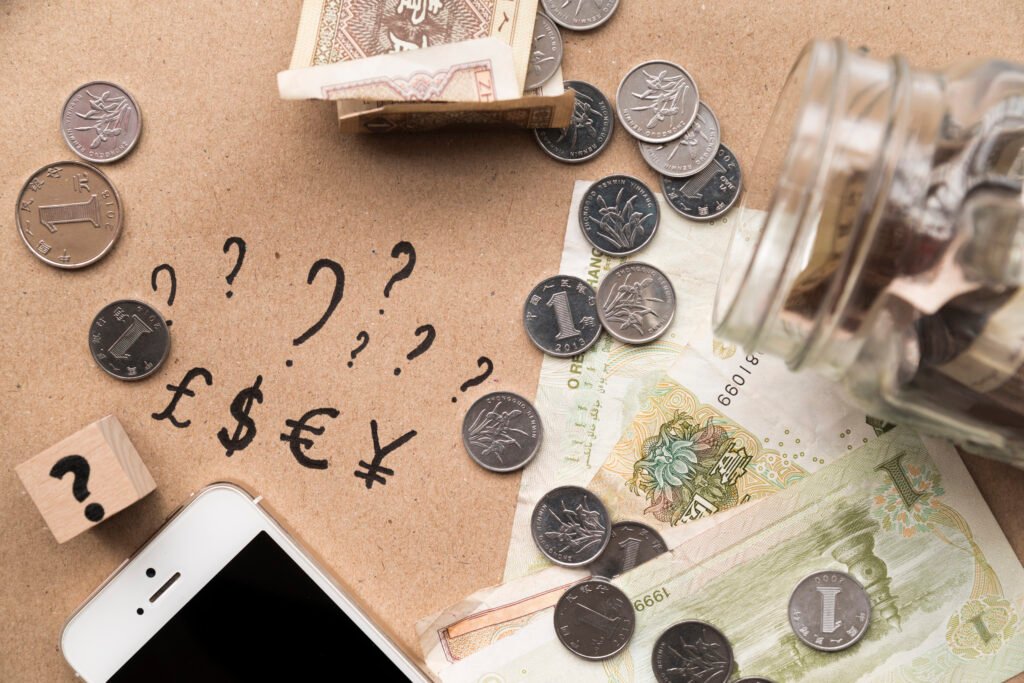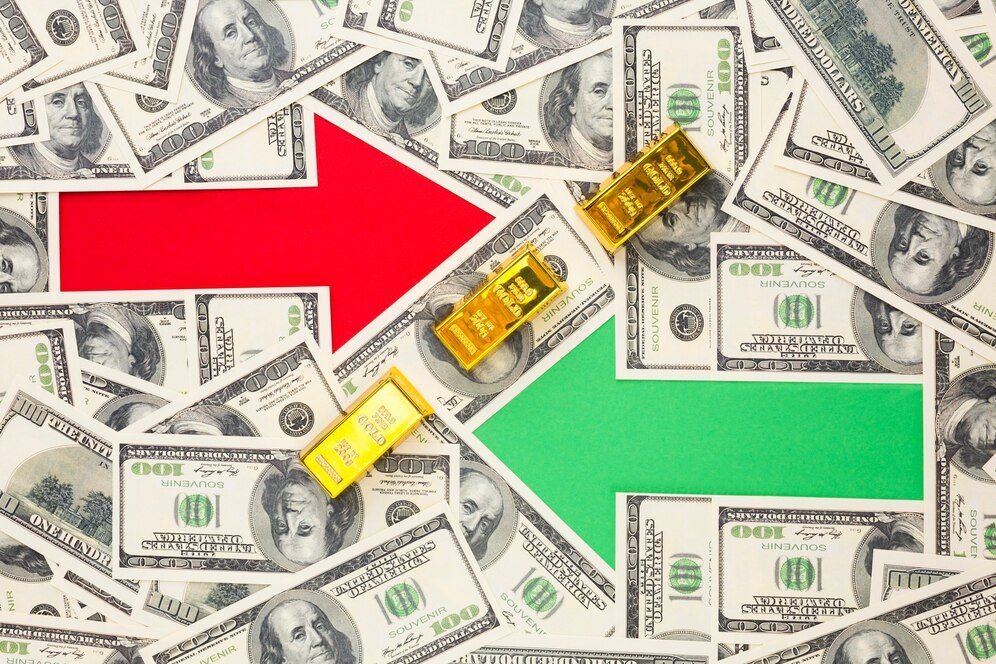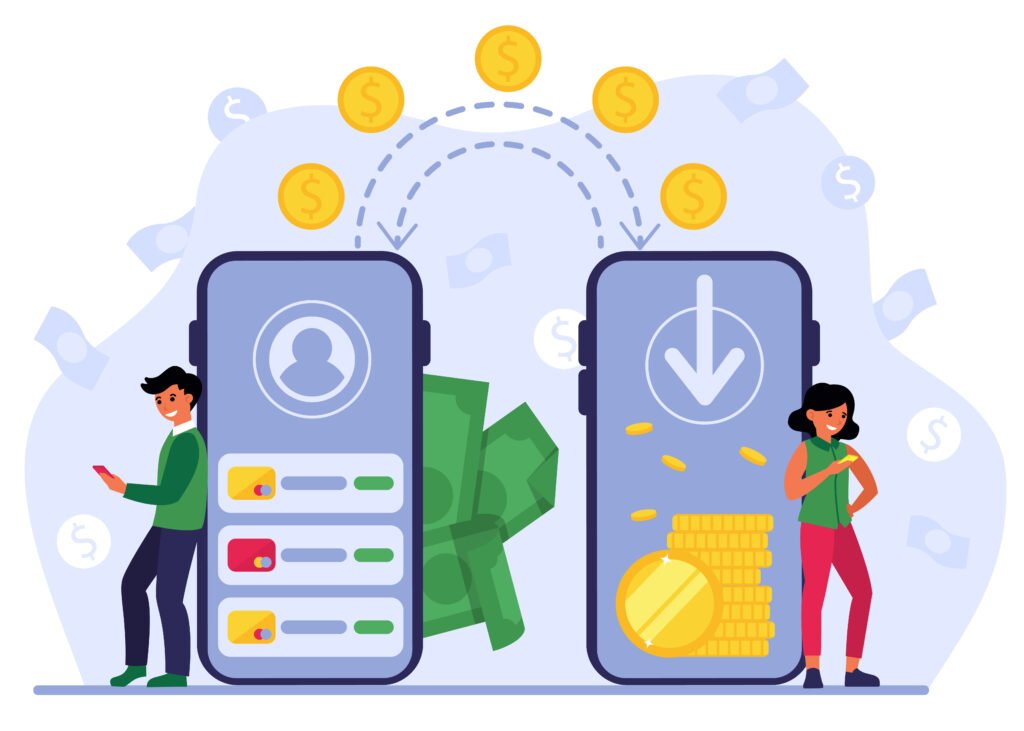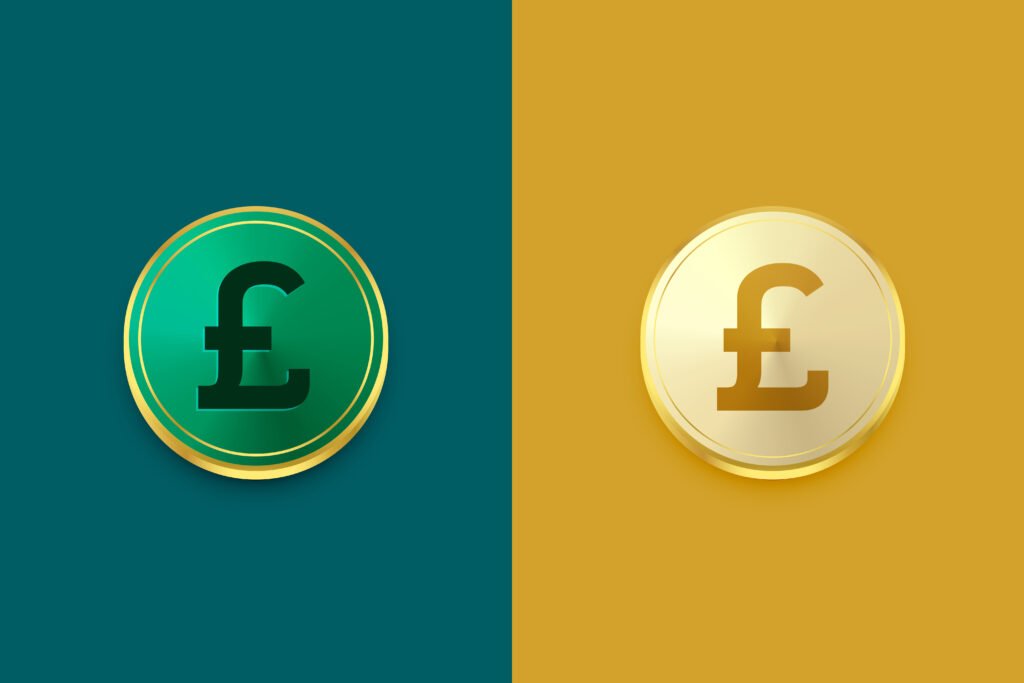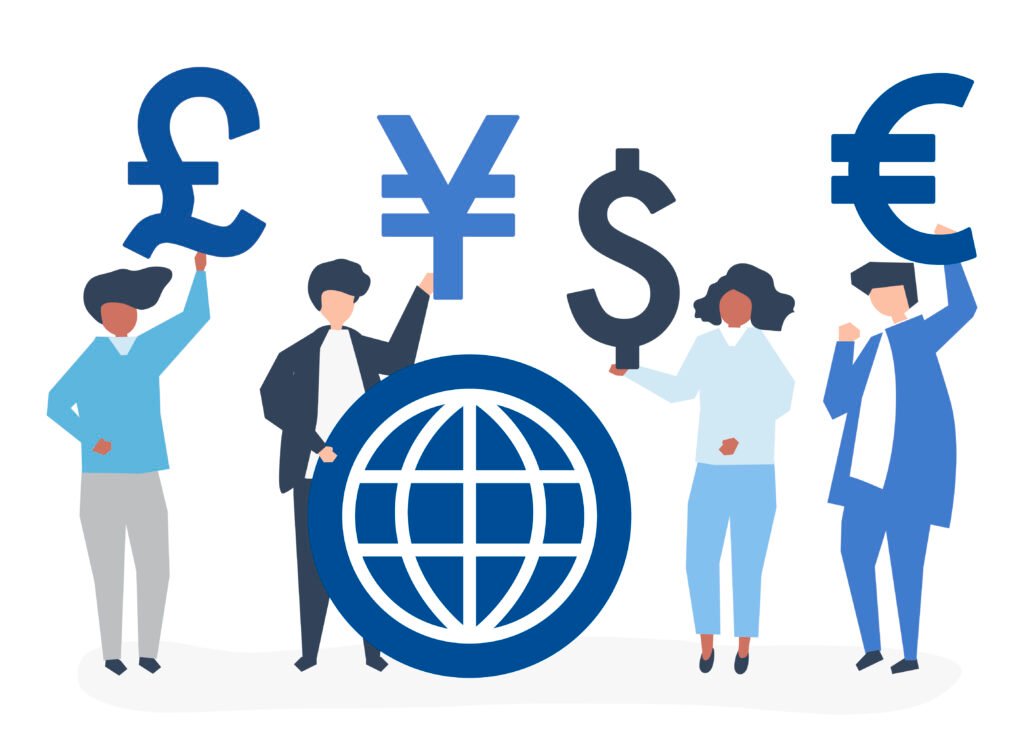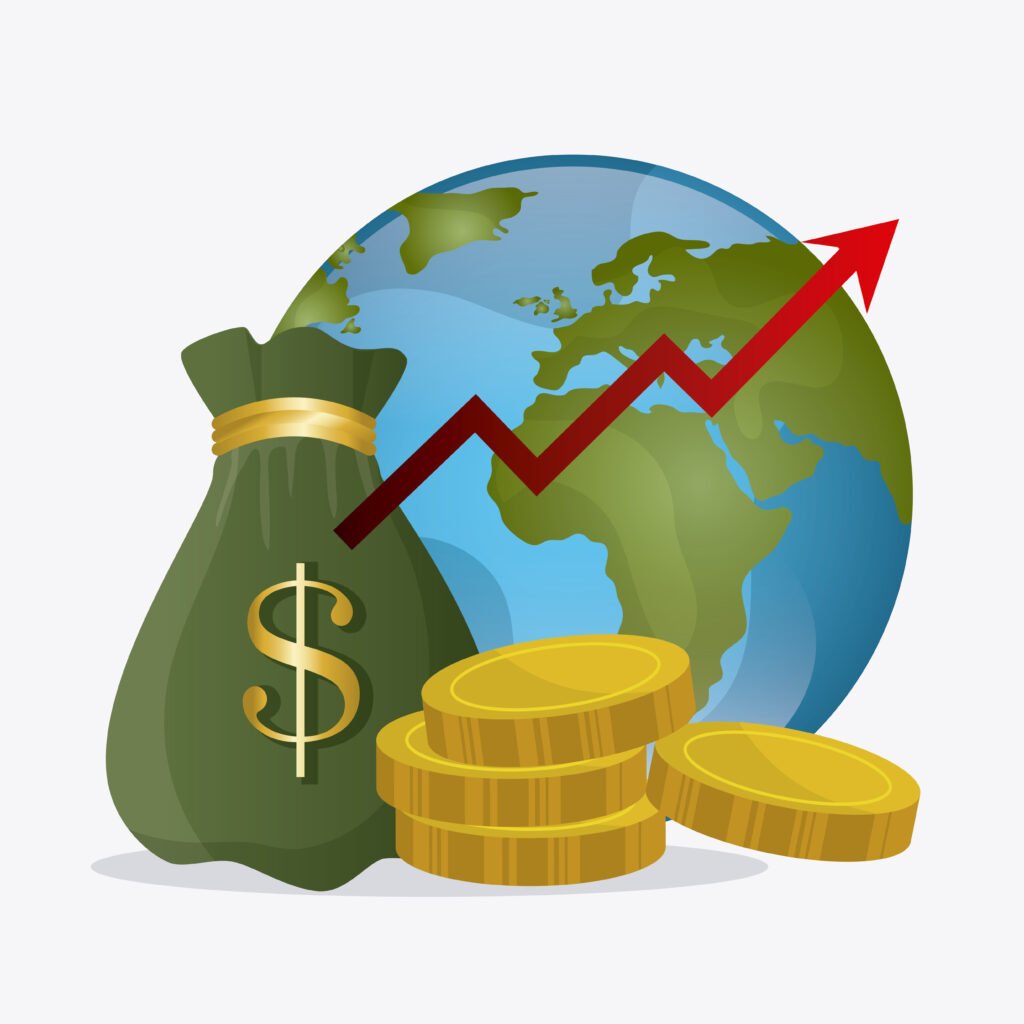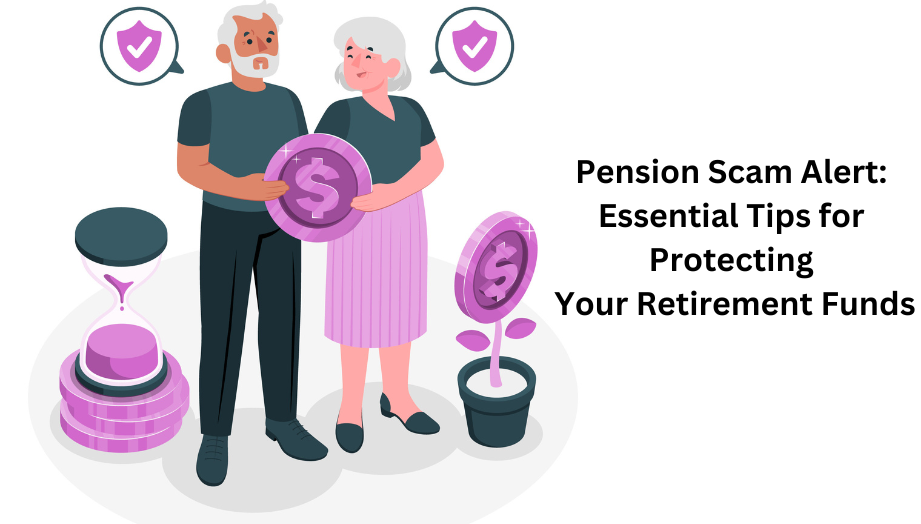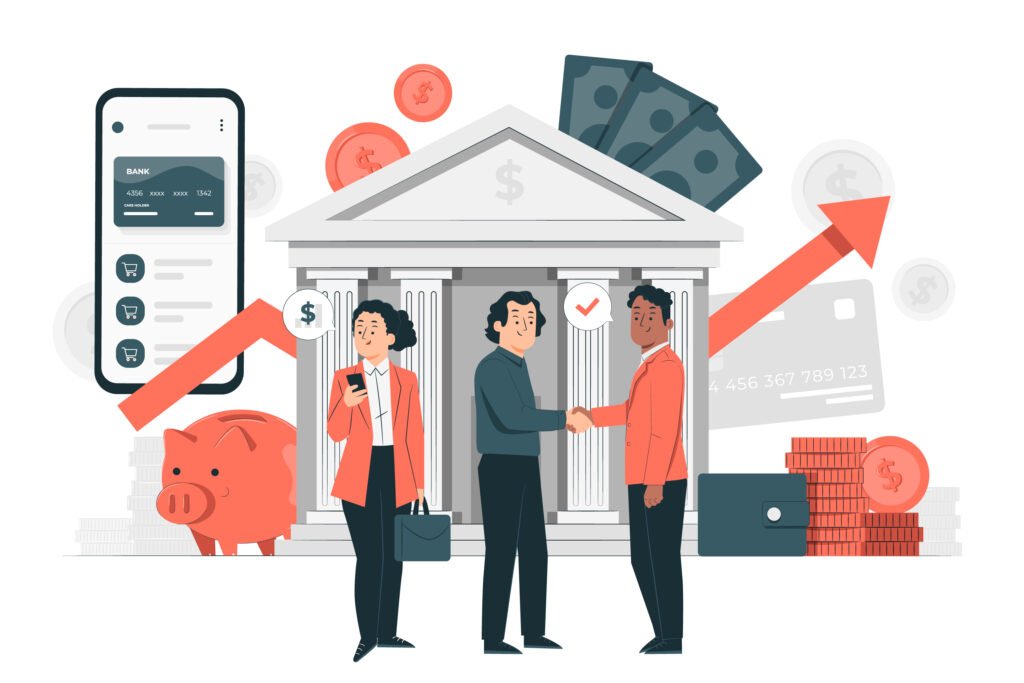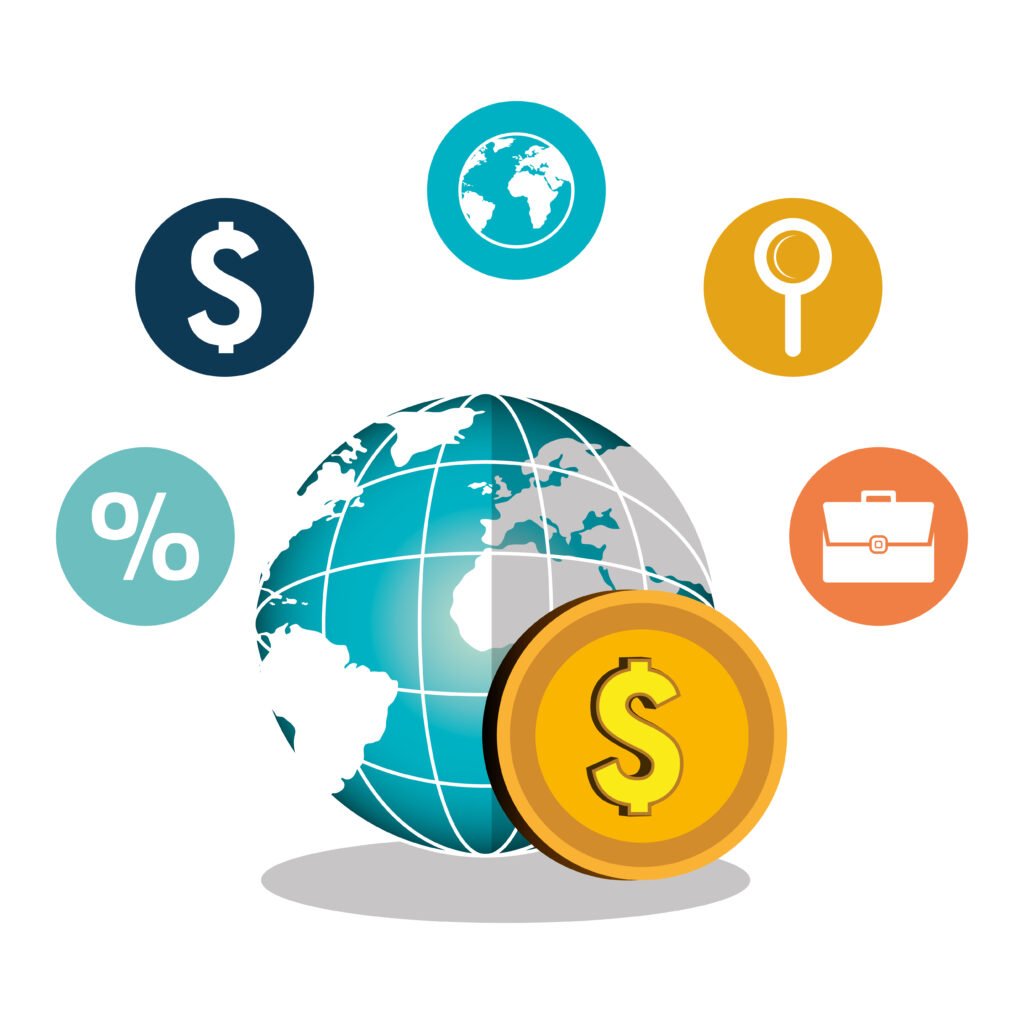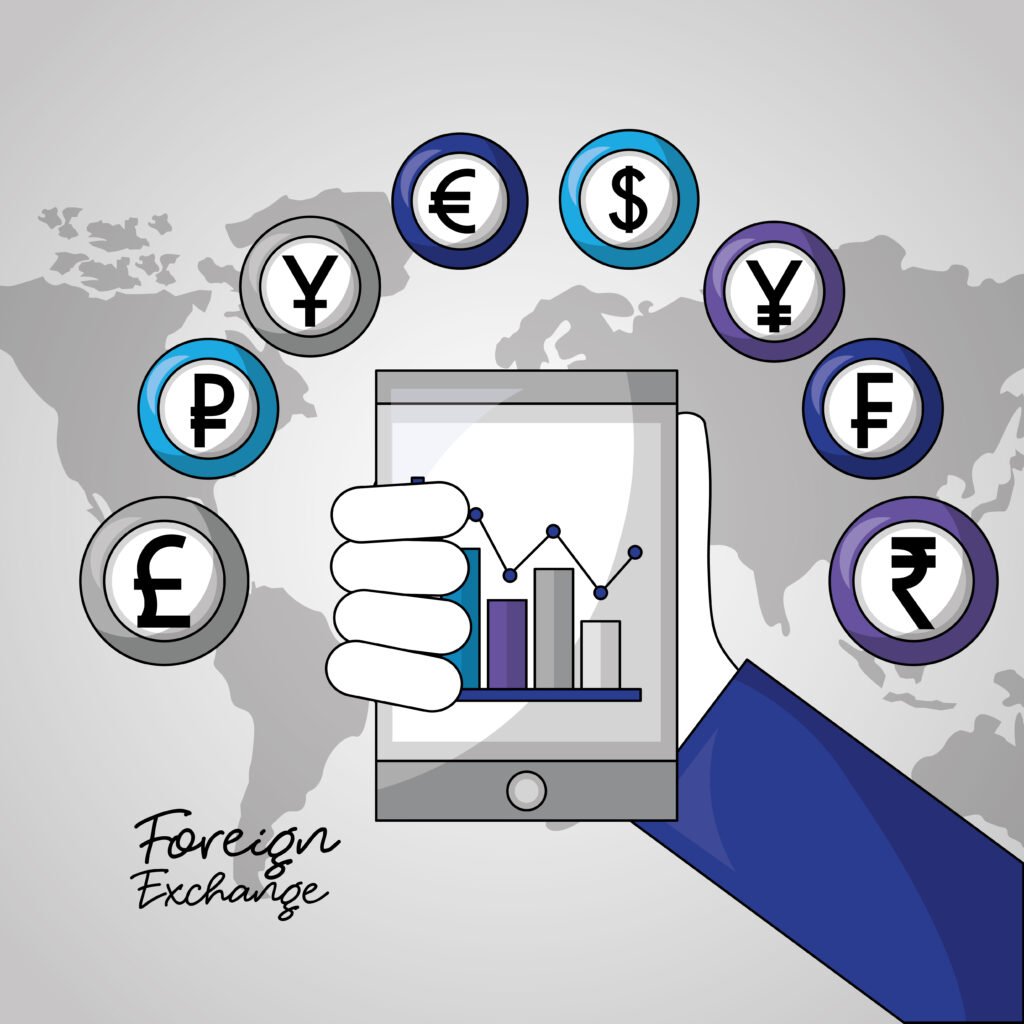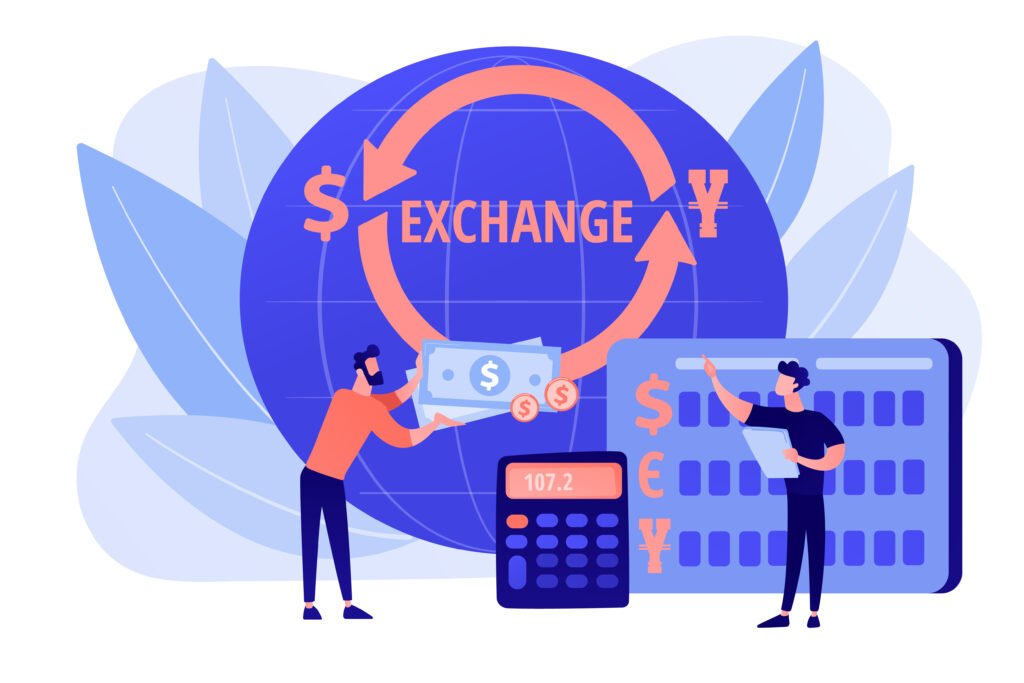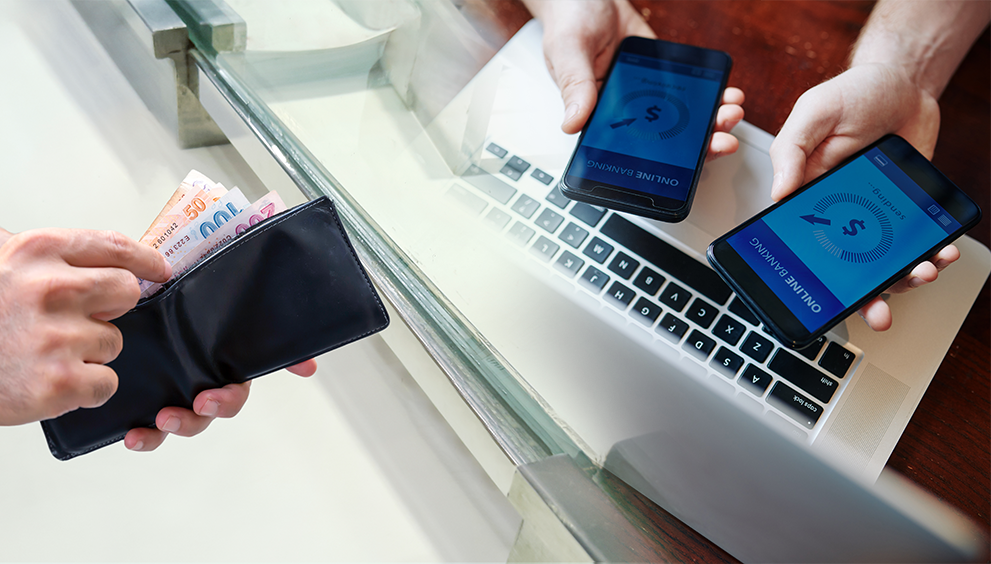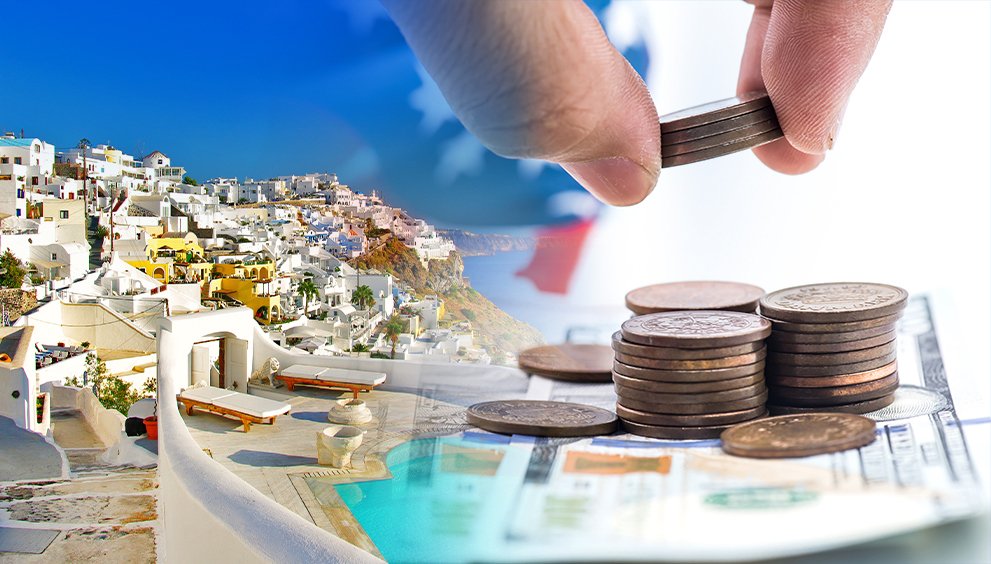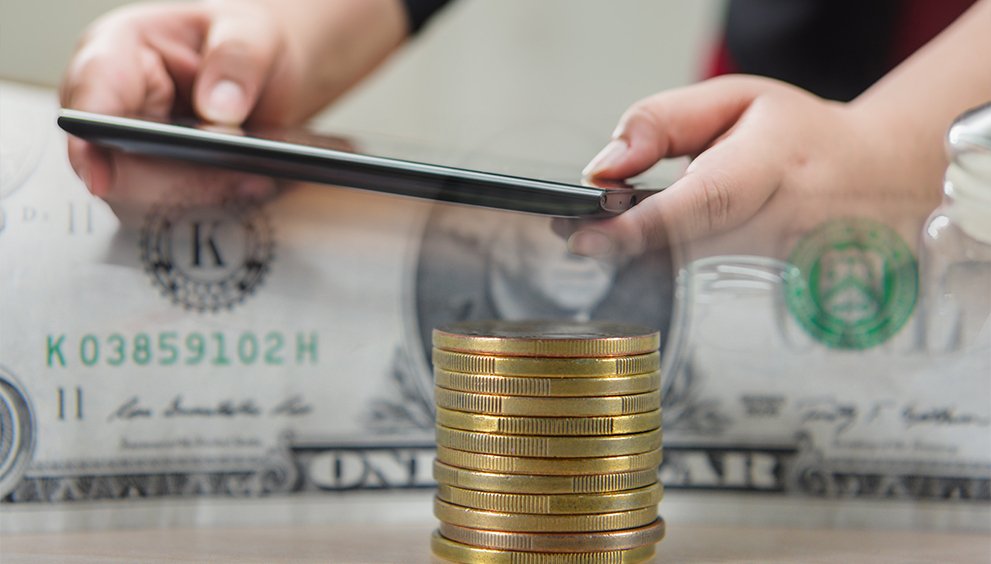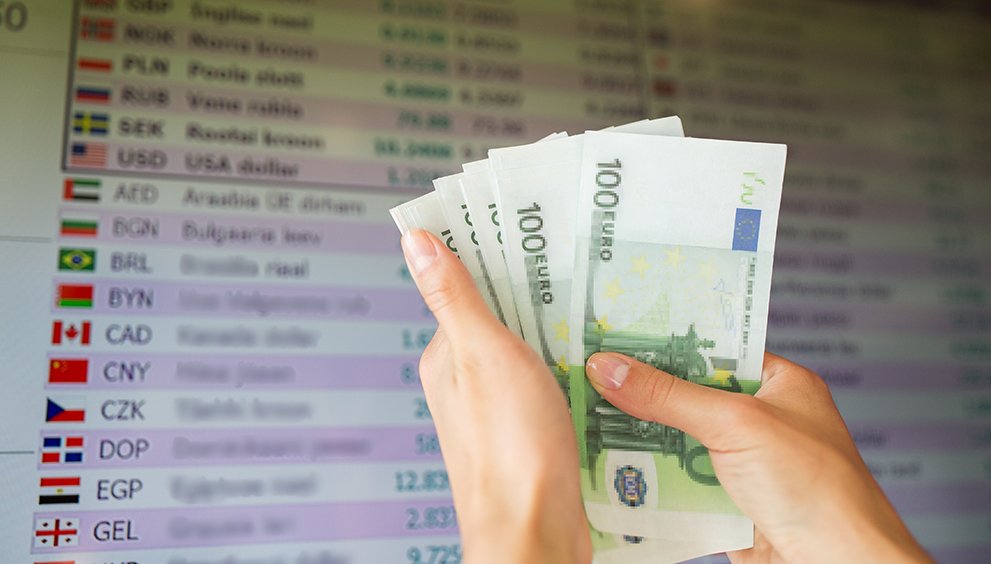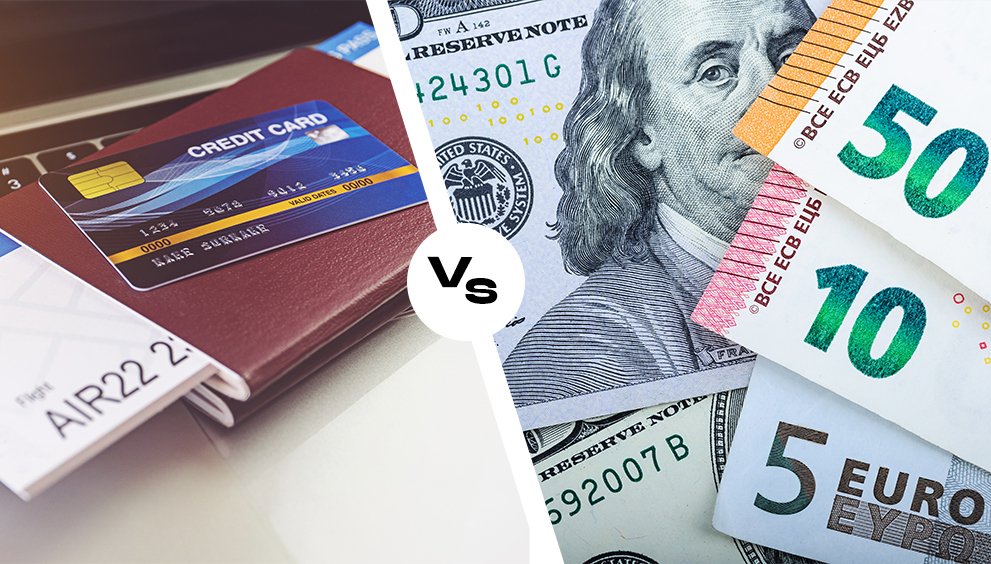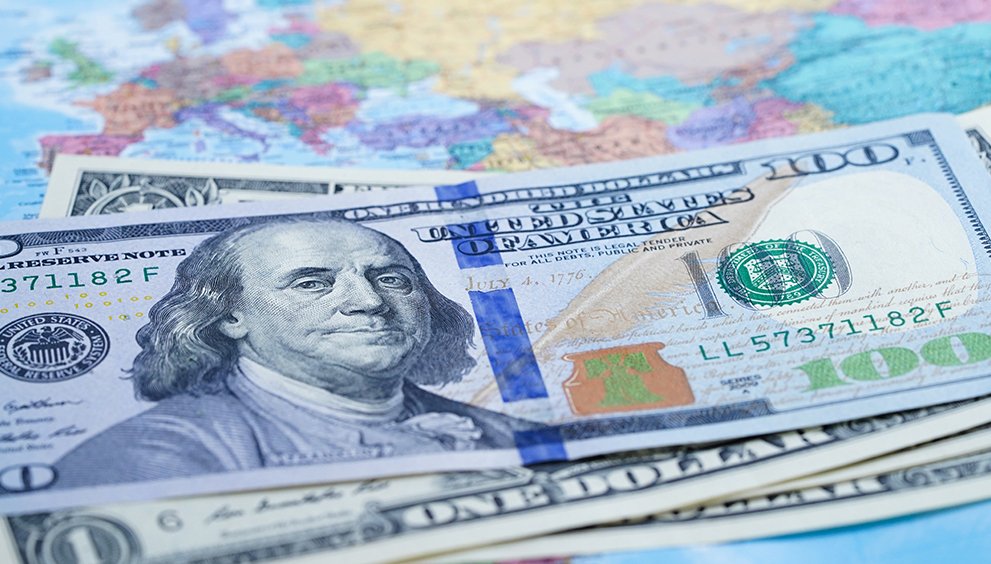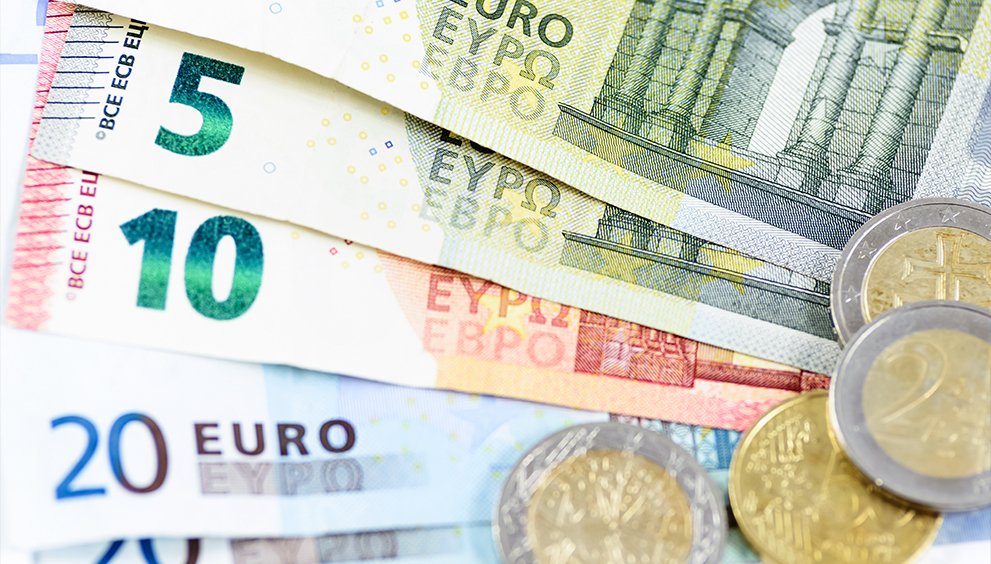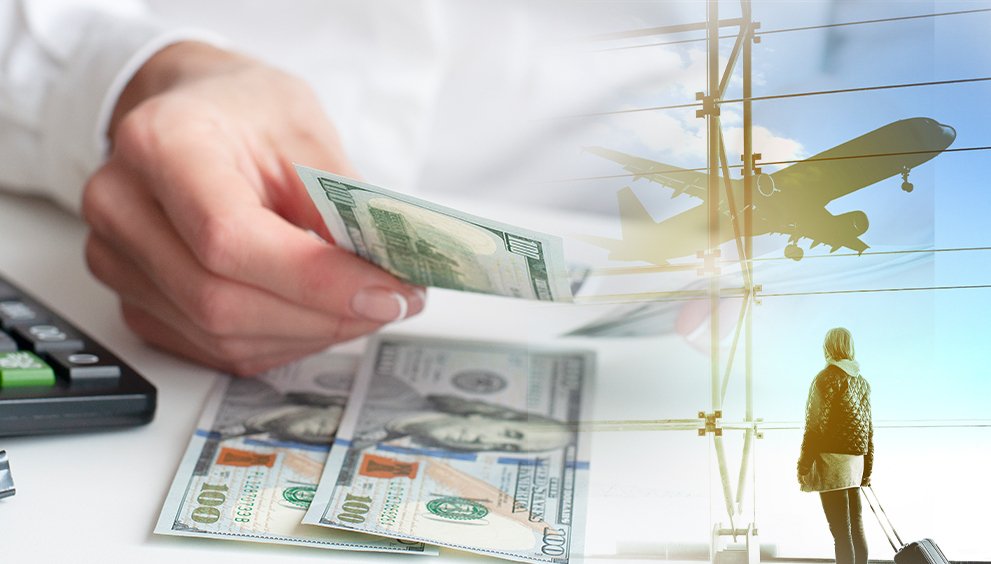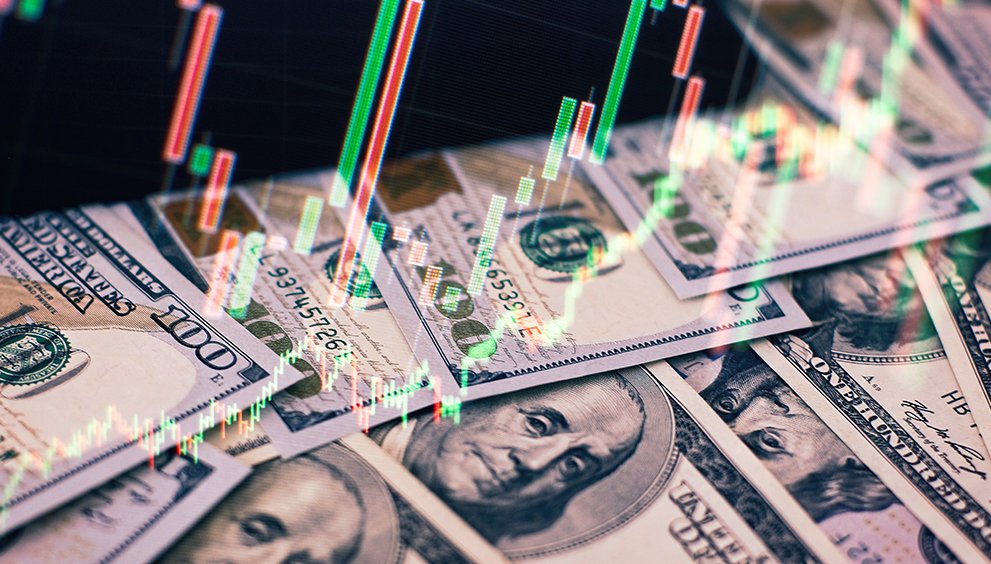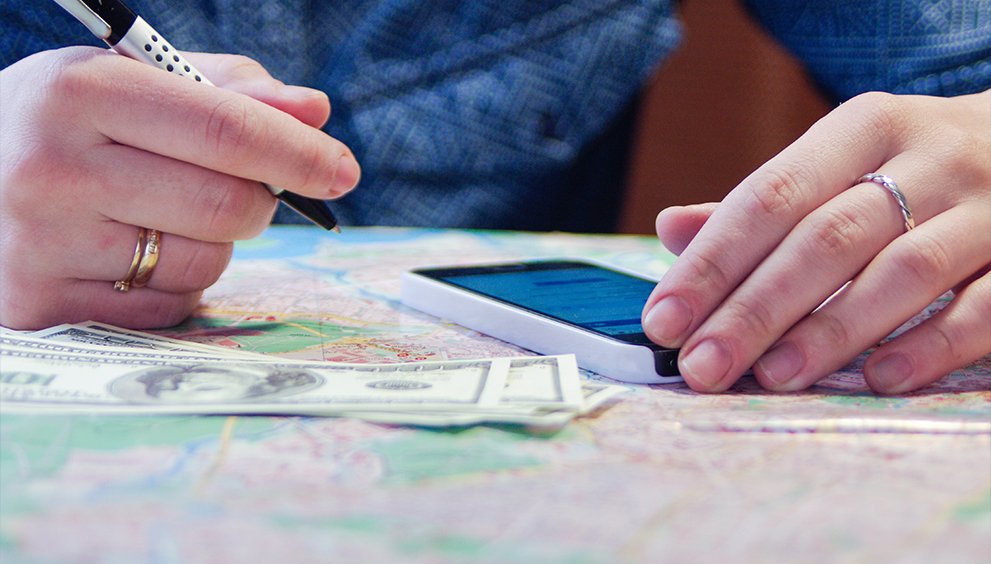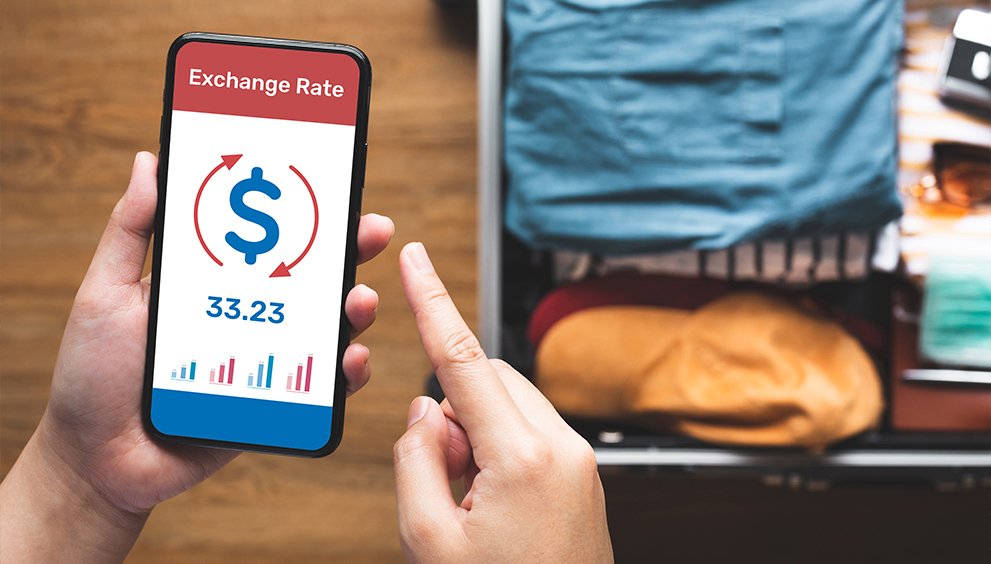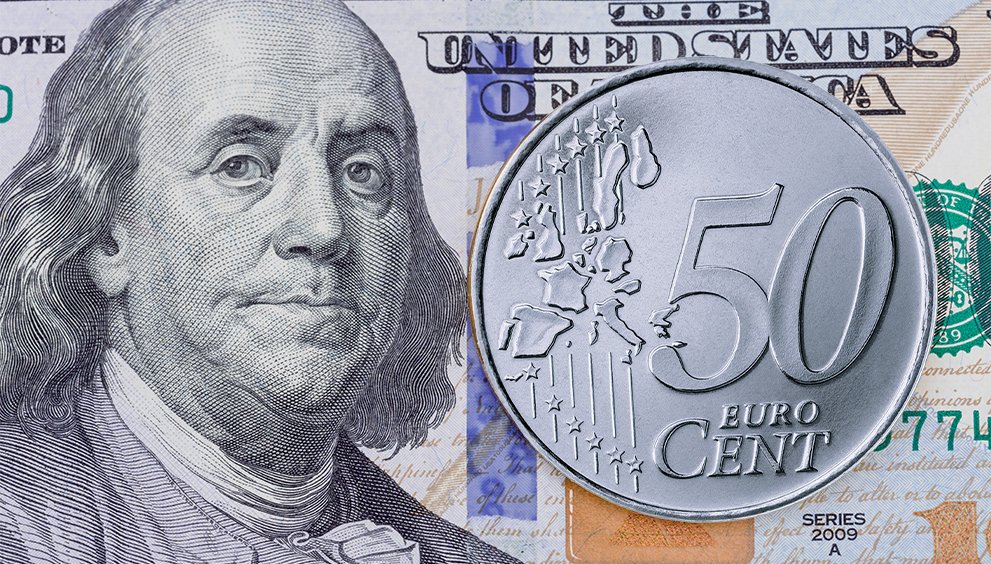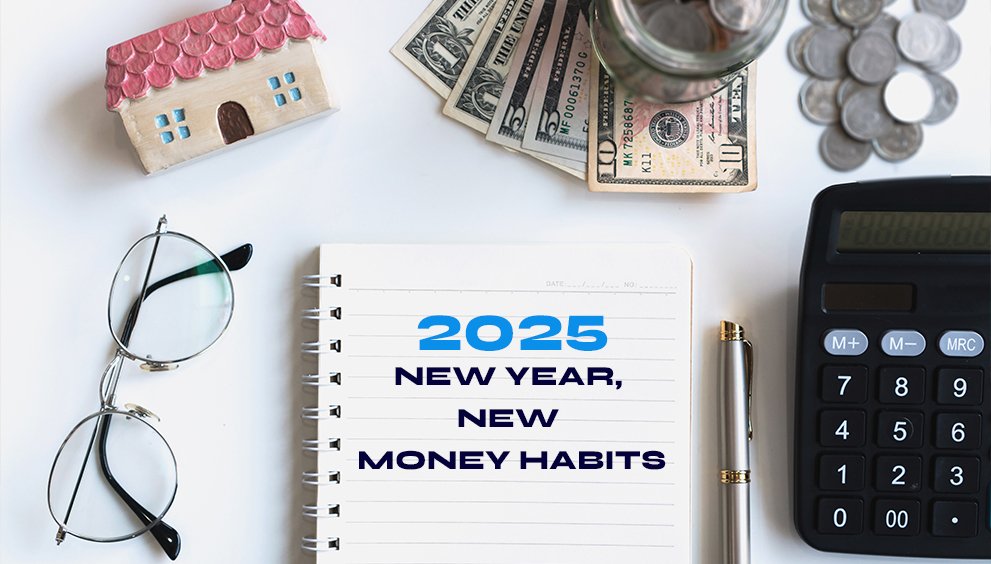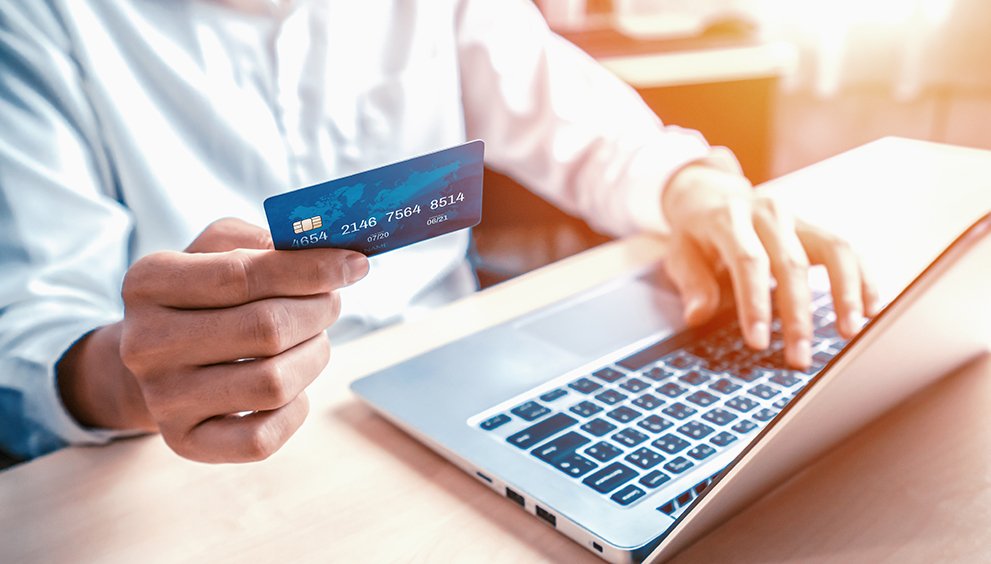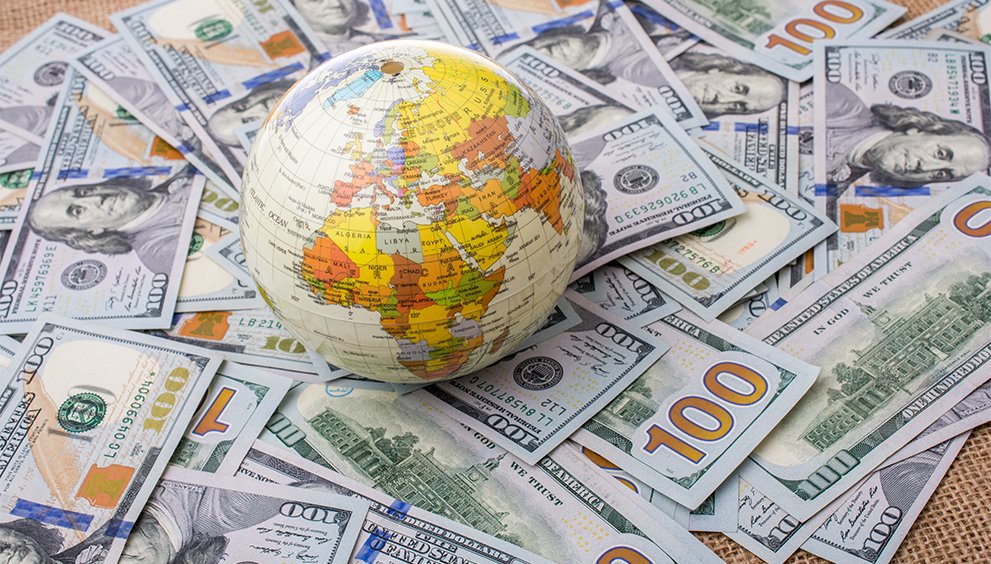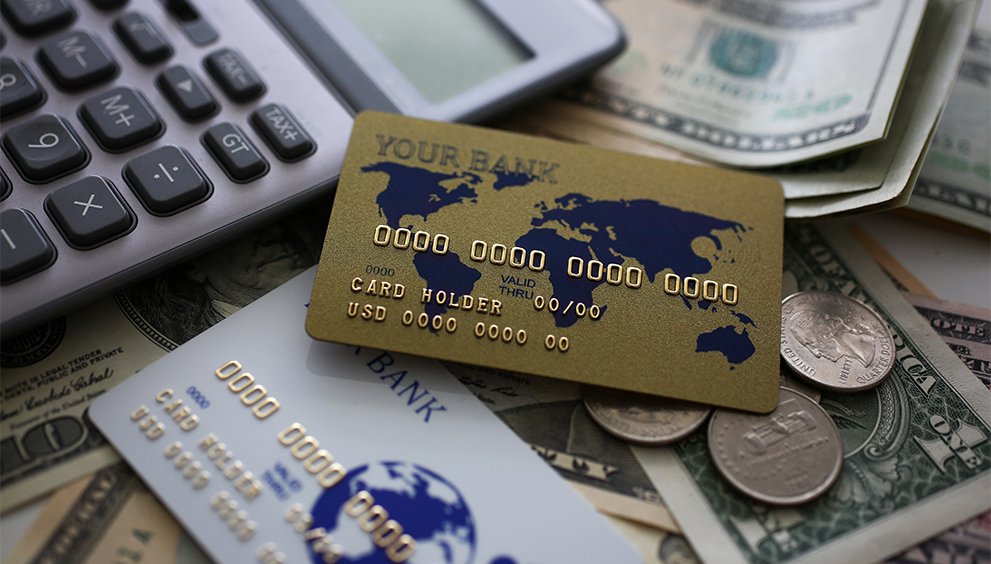Should You Exchange Currency at the Airport? Pros and Cons

Exchanging currency is an unavoidable part of international travel. Whether you’re jetting off for business or leisure, you’ll likely need some cash in the local currency to cover transportation, food, or tips. One of the most convenient places to exchange money is at the airport, but is it the best option?
Airport currency exchange counters are hard to miss. They’re everywhere—from departure terminals to baggage claim—and their bright signs advertising “No Fees” or “Currency Exchange” can be tempting. However, as convenient as they are, airport exchanges come with significant trade-offs. Let’s weigh the pros and cons of exchanging currency at the airport so you can make an informed decision before your next trip.
The Pros of Exchanging Currency at the Airport
1. Unmatched Convenience
Airport currency exchange counters are designed for travelers who need cash fast. Whether you forgot to exchange currency before your trip or landed in a country where cash is king, these kiosks are right there when you need them.
- You don’t have to search for a bank or an ATM in an unfamiliar place.
- They’re open during airport hours, which often means 24/7 availability.
This is particularly helpful for last-minute needs or layovers when time is limited.
2. Instant Cash Access
When you step off a plane in a foreign country, you may immediately need local currency for taxis, buses, or snacks. Airport counters allow you to get cash on the spot, saving you from scrambling for transportation or other necessities.
Imagine landing late at night, and all the ATMs in the area are out of service or charge exorbitant fees. In such cases, an airport kiosk can be a lifesaver.
3. Wide Availability of Currencies
Major international airports cater to travelers from around the world, so airport currency exchange services often stock a wide variety of currencies. If you’re traveling to a country with a less common currency, you may find it easier to get what you need at the airport rather than hunting for a specialized provider elsewhere.
The Cons of Exchanging Currency at the Airport
1. Poor Exchange Rates
One of the biggest downsides of airport currency exchange is the poor exchange rates. Airport kiosks know they have a captive audience, so they often inflate their rates significantly.
For example, if the real exchange rate (the mid-market rate) is 1 USD = 0.85 Euros, an airport counter might offer you 1 USD = 0.78 Euros. While that may not seem like a huge difference, it adds up—especially if you’re exchanging a large amount of money.
2. High Fees (Even When They Claim “No Fees”)
You’ve probably seen signs at airport kiosks boasting “No Fees.” Sounds great, right? The problem is that these “no-fee” services often compensate by building hidden fees into their exchange rates. So while you’re technically not paying an upfront fee, you’re still losing money through a worse conversion rate.
Let’s break it down:
- No-fee services typically offer exchange rates that are 5% to 15% worse than the mid-market rate.
- For every $500 exchanged, you could lose $25 to $75 in value.
3. Limited Bargaining Power
When you exchange currency at the airport, you’re at the mercy of their rates. Unlike banks or online currency exchange providers, you can’t shop around or negotiate for better terms. The lack of competition at airports means you’re stuck with whatever rate they offer.
4. Small Transaction Limits
Some airport exchange counters impose minimum or maximum transaction limits. This can be a problem if you need to exchange a large sum of money, as you might have to pay multiple fees or make separate transactions to meet your needs.
5. Not Ideal for Repeat Travelers
If you’re a frequent traveler, relying on airport exchanges can quickly become an expensive habit. While the occasional use of an airport kiosk might not break the bank, regularly paying inflated rates and fees will eat into your travel budget over time.
When Should You Use Airport Currency Exchange?
Airport kiosks aren’t all bad—they have their place in specific scenarios. Here’s when it might make sense to exchange currency at the airport:
- Emergencies: If you forgot to exchange money before your trip and absolutely need local currency immediately.
- Small Amounts: If you only need a small amount of cash for initial expenses like transportation or snacks.
- Unusual Currencies: If you’re traveling to a country with a rare currency that’s hard to find elsewhere.
In these cases, exchanging a minimal amount at the airport can tide you over until you find a better option.
Alternatives to Airport Currency Exchange
To avoid the high costs of airport kiosks, consider these alternatives:
1. Exchange Currency at Your Local Bank or Credit Union
Most banks and credit unions offer currency exchange services with competitive rates and low fees. If you’re a customer, you may even be able to order foreign currency online and pick it up in person.
- Pros: Better rates and fees compared to airport kiosks.
- Cons: Requires planning ahead, as not all banks stock foreign currency on demand.
2. Use ATMs Abroad
Using a foreign ATM to withdraw local currency is often the cheapest option. ATMs typically offer exchange rates close to the mid-market rate, especially if you use a card with low or no foreign transaction fees.
- Pros: Competitive rates and easy access to cash.
- Cons: Some ATMs charge withdrawal fees, and your bank might add its own fees if it doesn’t have partnerships with international banks.
3. Online Currency Exchange Services
Companies like Wise, Revolut, and OFX allow you to exchange currency online and either transfer the money to a foreign bank account or have cash delivered. These services typically offer excellent rates and clear fee structures.
- Pros: Transparent pricing and competitive rates.
- Cons: Requires advance planning, as delivery or transfers can take a few days.
4. Prepaid Travel Cards
Prepaid travel cards let you load money in the currency of your destination, locking in the exchange rate ahead of time. These cards are a good way to avoid fluctuating rates and overspending.
- Pros: Fixed rates, secure, and easy to use.
- Cons: Some cards charge fees for loading money or making withdrawals.
Tips for Minimizing Costs If You Must Use an Airport Kiosk
If you have no choice but to exchange currency at the airport, follow these tips to minimize your losses:
- Exchange a Small Amount: Only exchange what you need to cover immediate expenses, like transportation or a meal.
- Check the Rates: Take a moment to compare rates at different kiosks in the airport. Some may be slightly better than others.
- Avoid Round Numbers: Kiosks often round numbers to their advantage. Try to calculate the exact amount you’ll need to avoid overpaying.
Final Thoughts
Should you exchange currency at the airport? The short answer is: only if you have to. While airport exchange counters offer unparalleled convenience, the trade-off is high fees, poor exchange rates, and limited options.
The key to saving money is planning ahead. Whether it’s exchanging currency at your local bank, using an online provider, or withdrawing cash from a foreign ATM, you’ll get a much better deal by exploring alternatives.
That said, airport kiosks can be a lifesaver in emergencies or for small, one-time exchanges. Just remember to limit how much you exchange, and always double-check the rates and fees before you commit.
By understanding the pros and cons of airport currency exchange, you can make smarter financial decisions and keep more of your money for what truly matters—enjoying your trip!


 English
English 